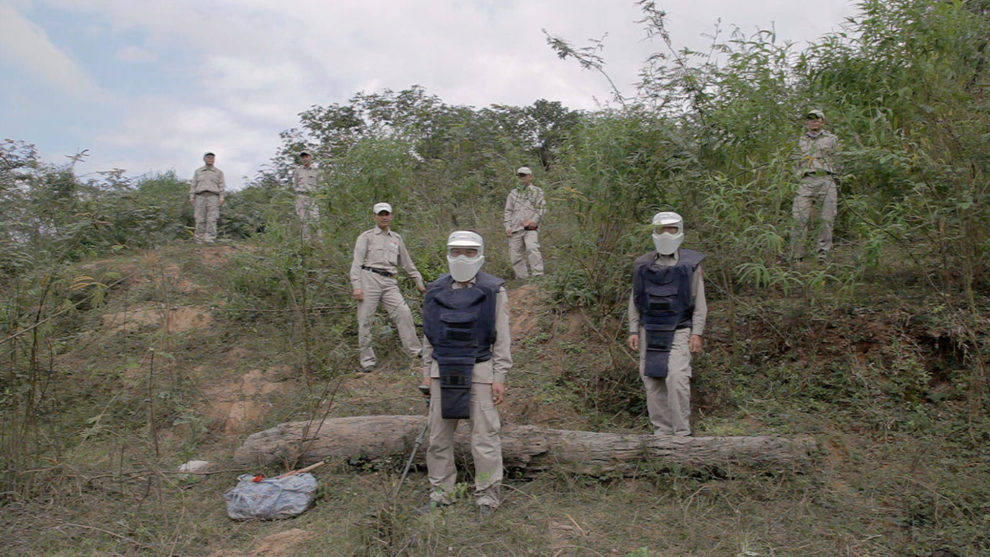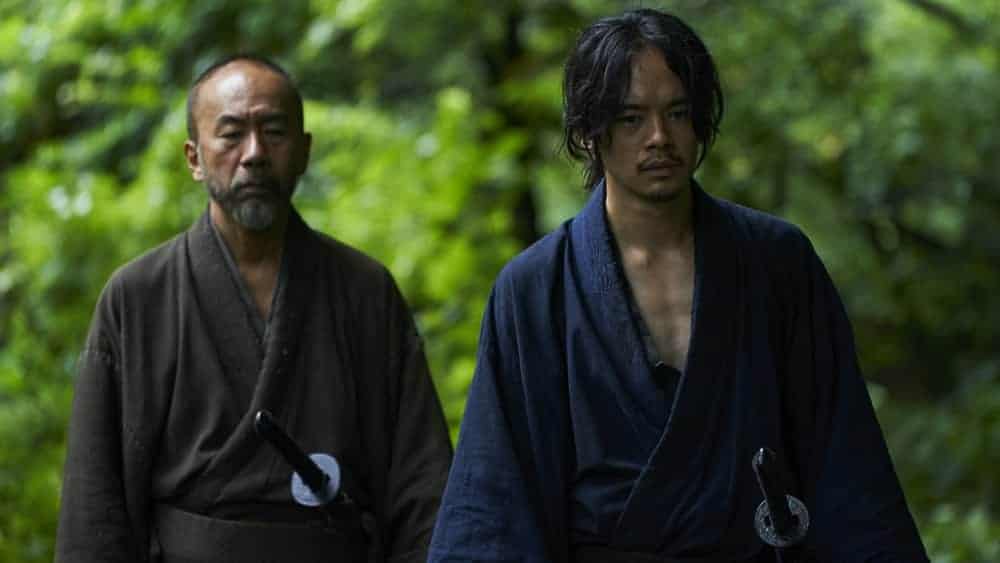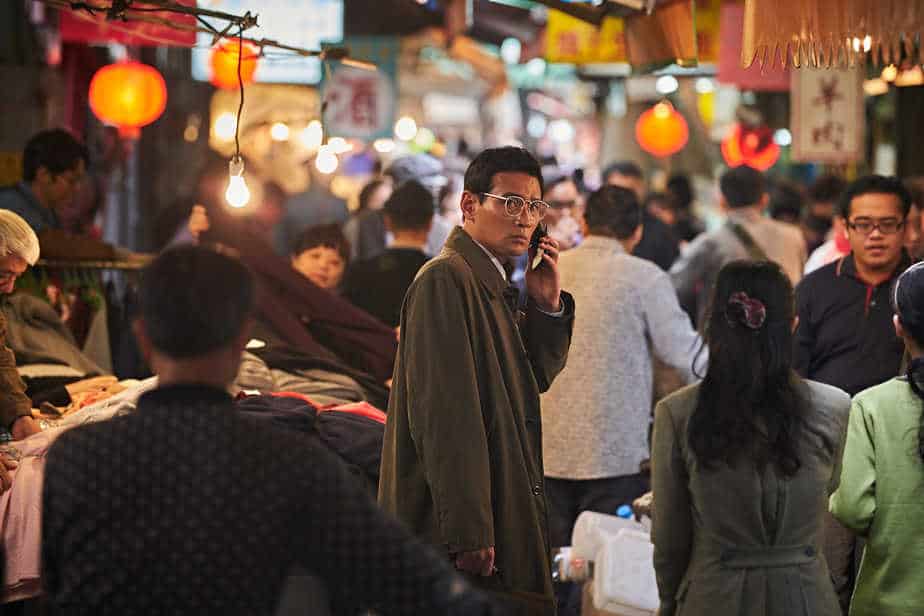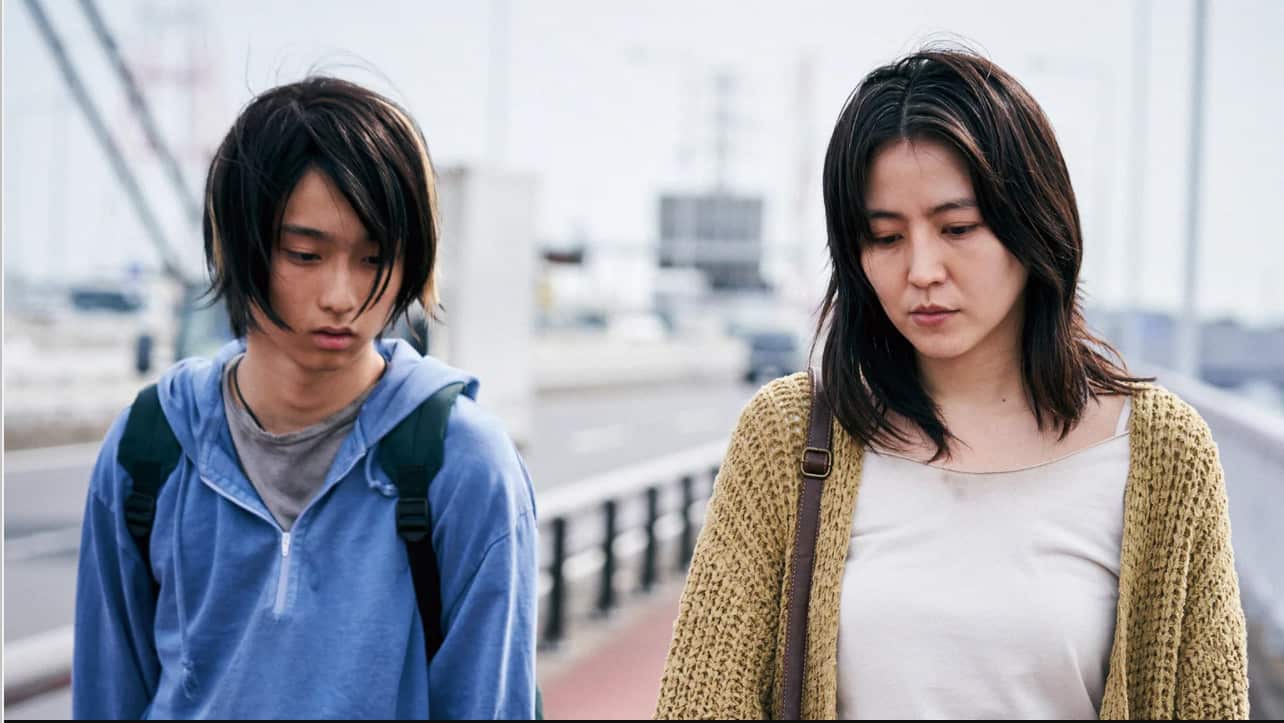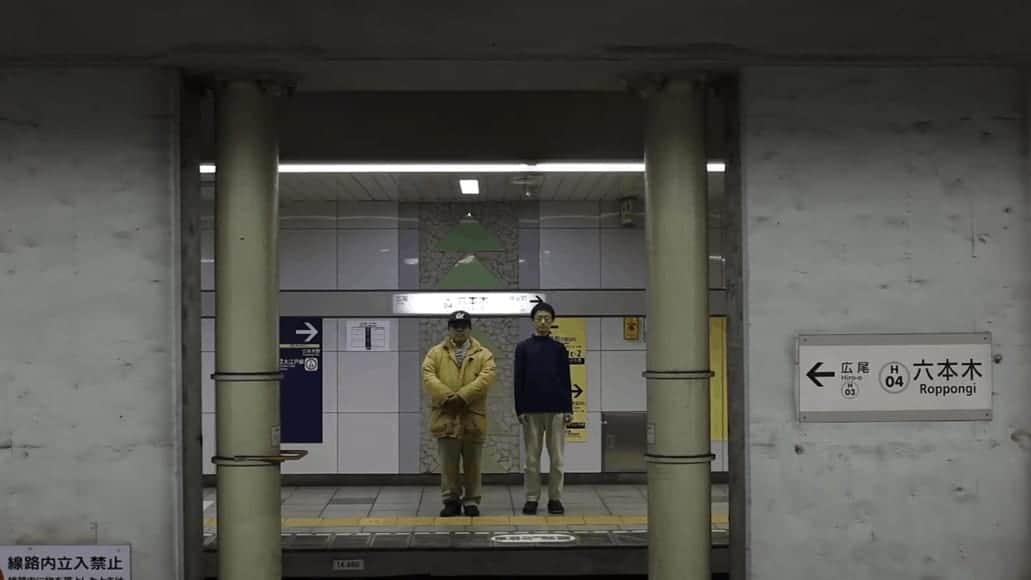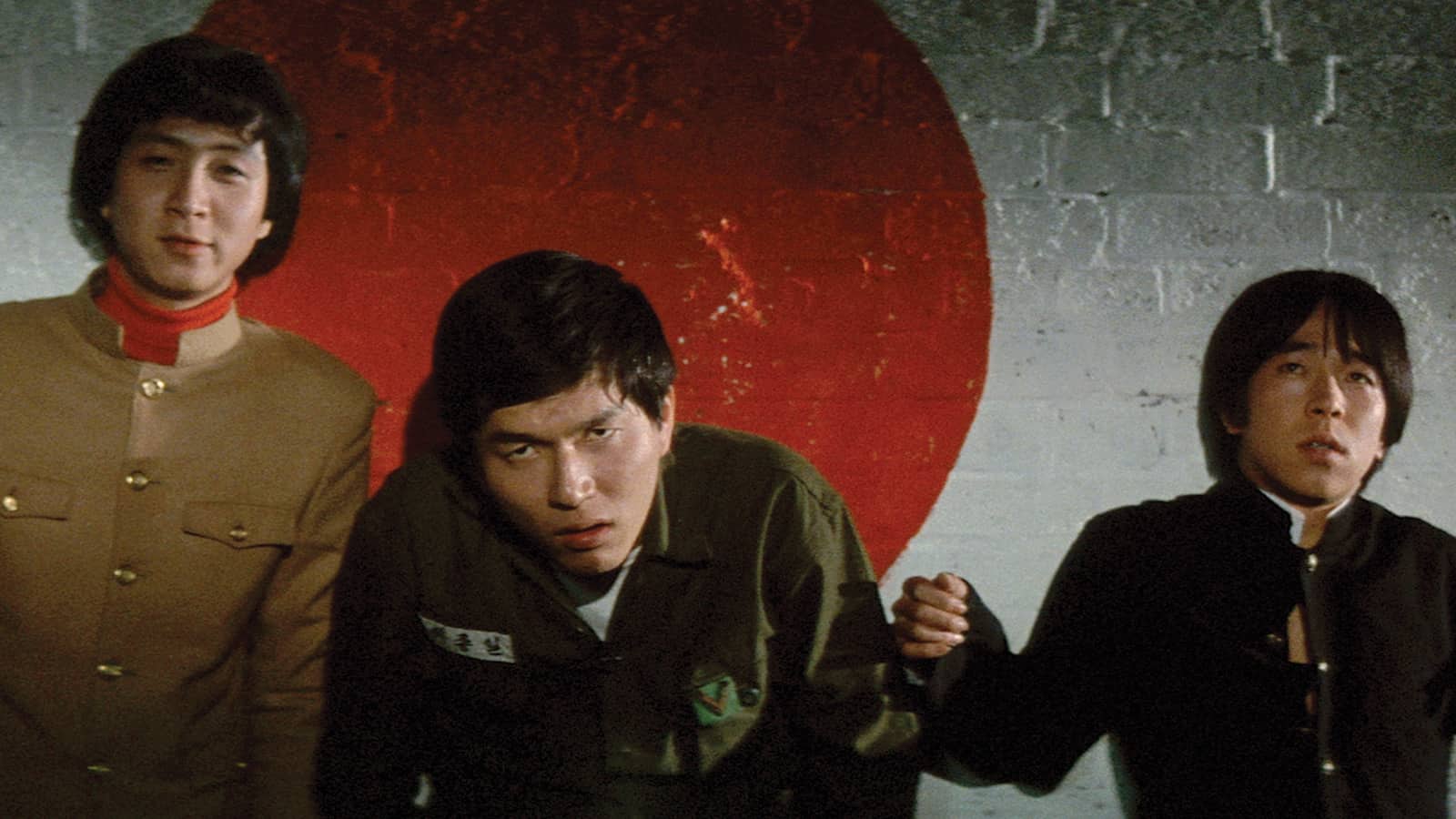Film essays have recently become a kind of a trend, with a number of French mostly, production companies, nurturing the genre in Asia, as much as a number of festivals in Europe, with Rotterdam in particular, always being quite welcoming of the genre. Vietnamese Nguyen Trinh Thi presents a rather artful film in the category, by focusing on his home country, through a distinctly experimental approach.
Letters from Panduranga is screening in Electric Shadows
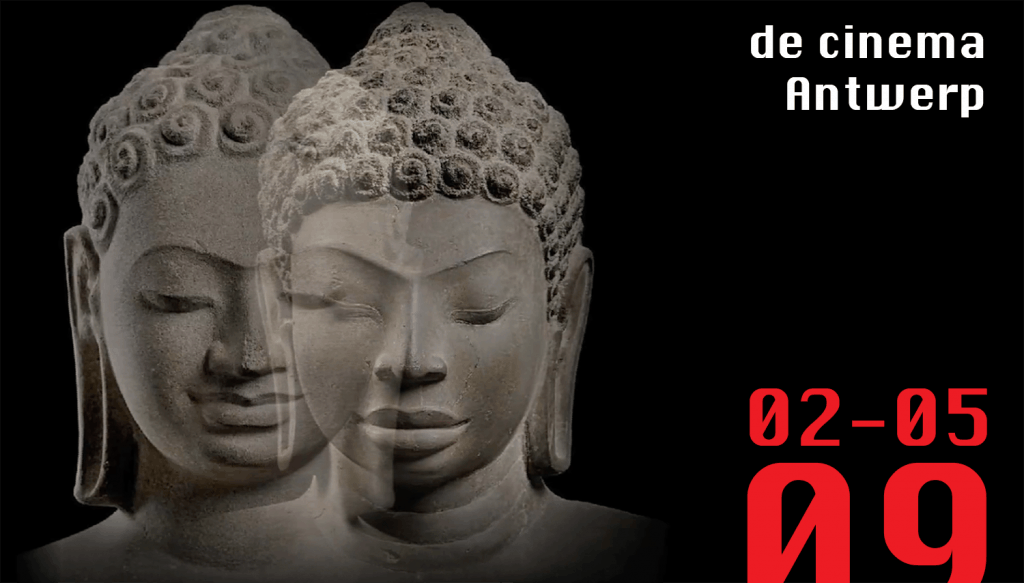
Drawing inspiration from Chris Marker's “Letters from Siberia”, Nguyen's film unfolds as a series of letters between a man and a woman who are presented orally, retaining all the while, a road movie basis that extends beyond locations, also including people, events, and the history of Vietnam, particularly focusing on the aftermath of the war.
In that fashion, the film begins with a series of portraits of various people, with the camera distance changing continuously, from long shots to mid shots to zoom-ins, as the female narration eloquently explains. And while the woman experiments with cinematic techniques, the man explores various areas of Vietnam, with My Son and the abandoned, partially ruined Hindu temples, which are presented through duplicate, mirroring frames, being particularly impressive. Somewhere at this point, the comments about the consequences of the US bombings, which were actually responsible for the ruining of the area, begin, and essentially form one of the contextual bases of the narrative.
The film also focuses extensively on Cham people, and particularly on Hindu priests, who find their religious practices cast aside in favour of tourism, which brings to another comment, regarding the vulgarizing of culture, which finds its apogee in the fact that Ninh Thuan, another place the man visits, which was once the spiritual home of the Cham community, is now the planned site for Vietnam's first nuclear power plant. This comment extends to the way a number of international companies have built their offices and factories in Vietnam, taking advantage of the cheap labour available. Lastly, a comment is also reserved for the authorities, and particularly the strict censorship laws that also extend to cinema, and even lead to arrests on occasion.
These comments are interspersed with various stories involving the French, with the footage of the movement of a 10-ton statue being particularly impressive. The conclusion, of showing women dancing to a live performance of “Those Were the Days”, in an excellent connection of the past with the present and the foreign with the local, that also induces the movie with an intense sense of nostalgia.
The best aspect of the movie is the way Nguyen manages to connect all those different narrative elements and cinematic techniques in a way that is both pleasant to the eye and stimulating for the mind, with Jamie Maxtone-Graham's cinematography and the overall editing of the film emerging as the main sources of this prowess.
Evidently, experimental films such as “Letters from Panduranga” are not the “cup of tea” of most viewers. However, Nguyen's effort emerges as one of the easiest to watch, both due to the overall context and the cinematic approach, which make the 35 minutes of the movie pass rather easily.


